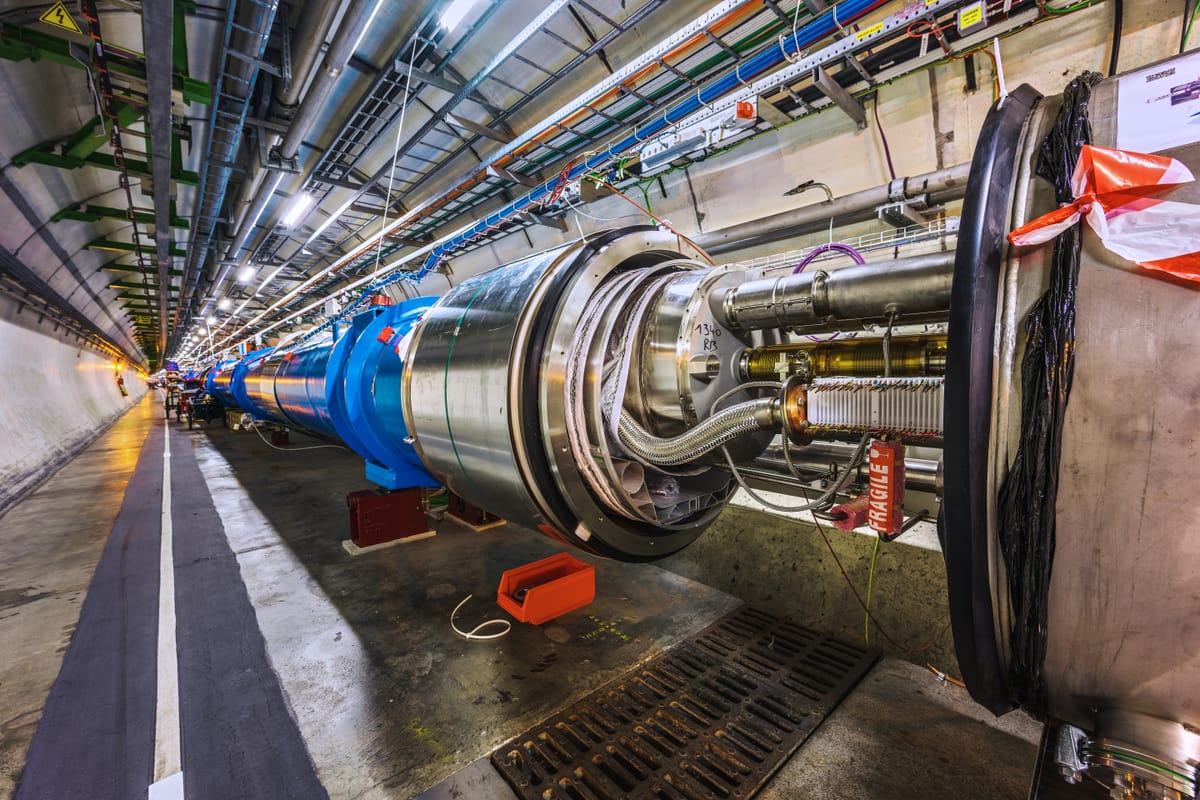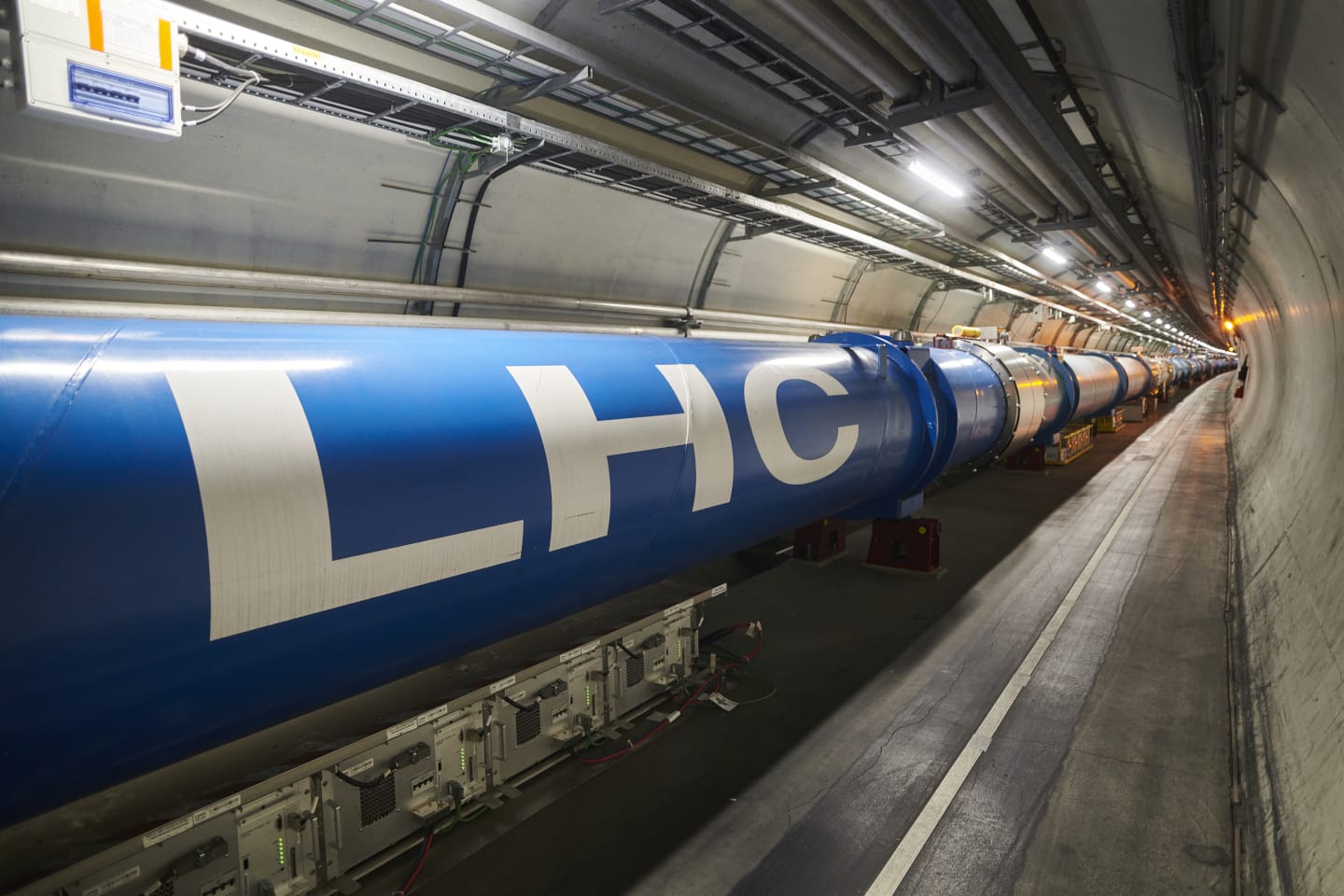Quantum "magic" found in the Large Hadron Collider
"We created a new bridge between two exciting areas of physics...."

A high-achieving pair of twin brothers have determined that the the Large Hadron Collider produces "magic".
This does mean the particle collider has pulled a rabbit from a hat or performed some other supernatural task, but shows evidence of a property that is critical to advancing quantum computing.
Scientists have spent decades developing quantum computers that leverage the bizarre laws of quantum mechanics to achieve greater processing power than traditional computers.
Magic is a measure of how difficult it is to make a calculation or simulate a quantum computer. If the system has a high level of magic, there is little chance of describing its behaviour using anything but another quantum device.
"Magic, roughly speaking, measures whether quantum states possess a computational advantage over classical states when used in suitable algorithms," wrote Queen Mary University of London physicist Professor Chris White and his twin brother Professor Martin White from the University of Adelaide in a paper for Physical Review. "The study of magic is pivotal to such questions as how to make fault-tolerant quantum computers."
Top quarks and quantum computers

Their study reveals how magic in top quarks - the heaviest known fundamental particle in the Standard Model of quantum physics - can guide the development of "robust and controllable" quantum systems.
It found that the Collider's routinely produces magic, with top quarks showing differing amounts of this property depending on their speed and direction of travel, as well as highlighting the potential to explore complex quantum behaviours and yield discoveries that pave the way for revolutionary computing technologies.
The researchers predicted that "magic top quarks" will be produced often within the Collider. Together a top quark and its opposite, an antitop quark, produce a two-qubit quantum system.
Professor Chris White explained: "While entanglement, where particles become linked, has been a major focus of quantum research, our work explores the concept of 'magic' in top quarks, which essentially measures how well-suited particles are for building powerful quantum computers."
The research bridges two complex areas of physics - quantum information theory and high-energy physics - and positions the Large Hadron Collider as a "unique platform for exploring the frontiers of quantum theory".
He added: "By studying 'magic' in top quark production, we create a new bridge between these two exciting areas of physics."
Professor Martin White added: "The ATLAS experiment has already observed evidence of quantum entanglement. We have shown that the LHC can also observe more complex patterns of quantum behaviour, at the highest energies yet attempted for these kinds of experiments."
Have you got a story to share? Get in touch and let us know.




